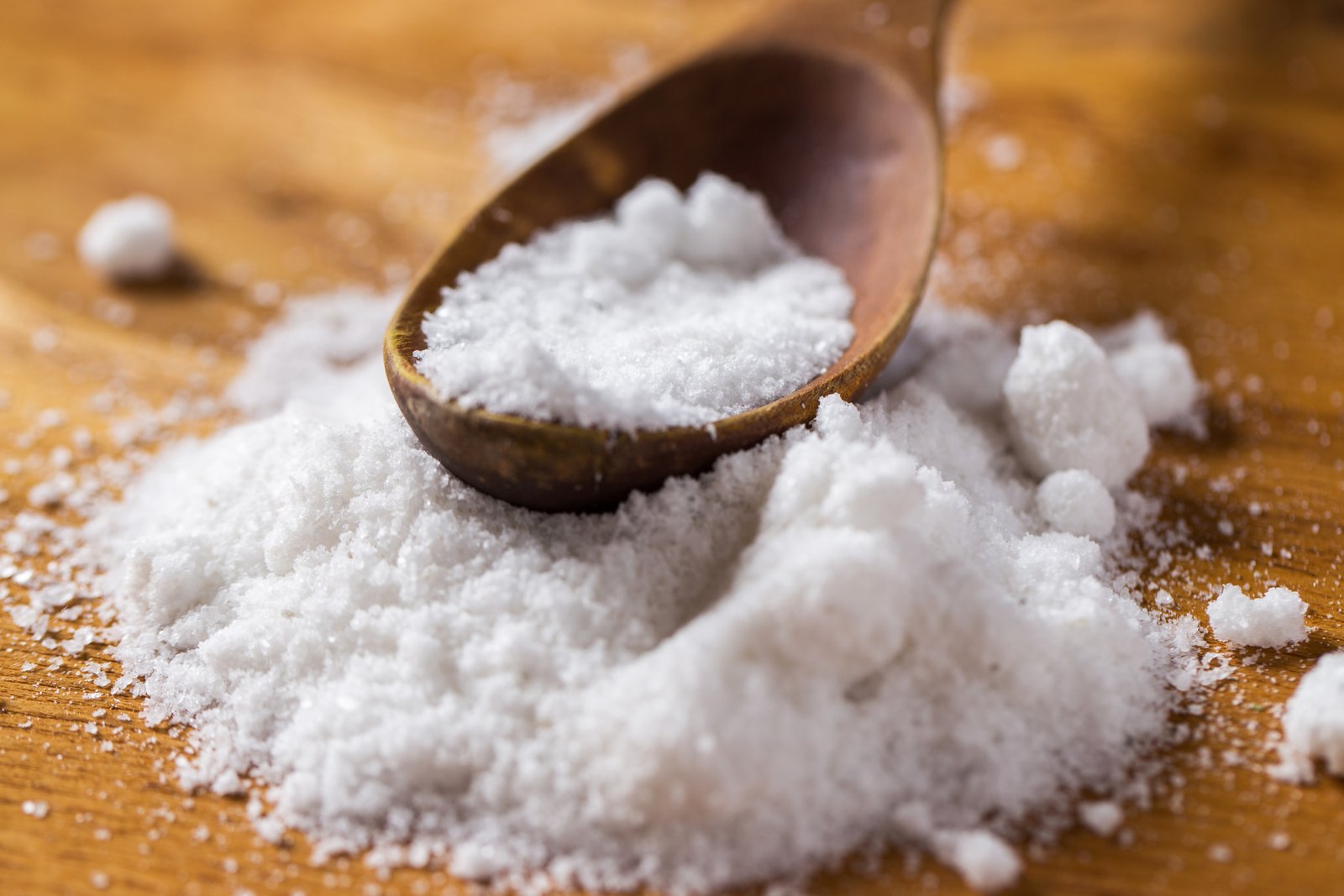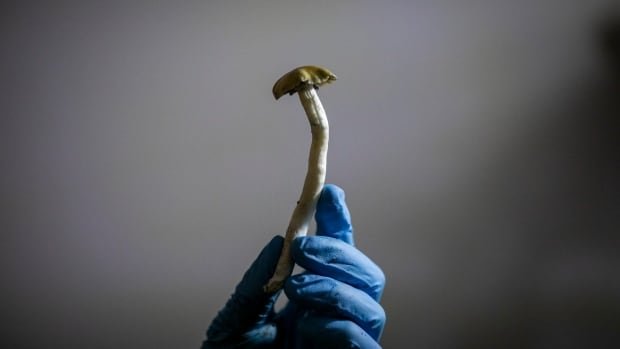The role of folic acid in preventing life-threatening birth defects like spina bifida and anencephaly has been widely recognized. In a new development, researchers suggest fortifying table salts with folic acid as a novel dietary strategy to further protect against these birth defects.
As per the WHO recommendation, from the moment a woman begins trying to conceive until 12 weeks of gestation, she needs to take 400 micrograms of folic acid each day. The Centers for Disease Control and Prevention (CDC) suggests all women of reproductive age who could get pregnant should take the folic acid supplement in addition to consuming food with folate from a varied diet for prevention of birth defects.
To ensure women receive adequate folic acid through diet, the World Health Assembly endorsed a resolution advocating for folic acid fortification in food in May 2023. While about 65 countries, including the United States, have incorporated folic acid through mandatory staple grain fortification, more than 100 countries still have not implemented it due to limited capacity or lack of political will.
Despite these efforts, estimates show that around 260,000 births worldwide (about 20 per every 10,000 births) are still affected by spina bifida and anencephaly, resulting in a significant number of stillbirths, elective pregnancy terminations, and infant and child fatalities.

In a recent study published in the JAMA Network Open, researchers suggest a simple and cheaper solution to the issue through the use of fortified table salt.
“We proved that folic acid can get into the blood through salt. Hopefully, countries that have not already implemented fortification programs can now look at their infrastructures and realize that salt fortification is cheap and it’s really easy to add in the amount of folic acid needed to save lives. It might just turn the salt a little yellow, but the participants did not mind and we know it works. What we need now is action,” Jogi Pattisapu, the study’s lead author, said.
During the study conducted in 2022, the researchers from Emory University’s Rollins School of Public Health and colleagues from multiple institutions in India monitored 83 non-pregnant women recruited from four different villages in southern India. The participants were between the ages of 18-45 and consumed folic acid-fortified salt as part of their regular diet for four months.
The results showed that the “use of folic acid–fortified iodized salt was associated with increased serum folate concentrations in women of reproductive age,” which was needed for prevention of spina bifida and anencephaly. The team noted that there was a 3.7-fold improvement after the study period.
“We now know folic acid fortification of iodized salt can prevent folate deficiency that causes spina bifida. The stage is now set for a rapid acceleration of prevention of these birth defects in many countries,” said Godfrey Oakley Jr, the director of the Center for Spina Bifida Prevention at Rollins.
The researchers hope that the use of folic acid-fortified salt could potentially prevent up to 50 percent of global spina bifida cases.
However, they clarified that their study does not endorse increased salt intake in any manner. Instead, they suggest adding the necessary amount of folic acid to the table salt that people already consume. In areas where daily salt consumption is reduced, the folic acid concentration should be elevated accordingly to meet the required levels, a strategy that already exists in grain fortification programs.









